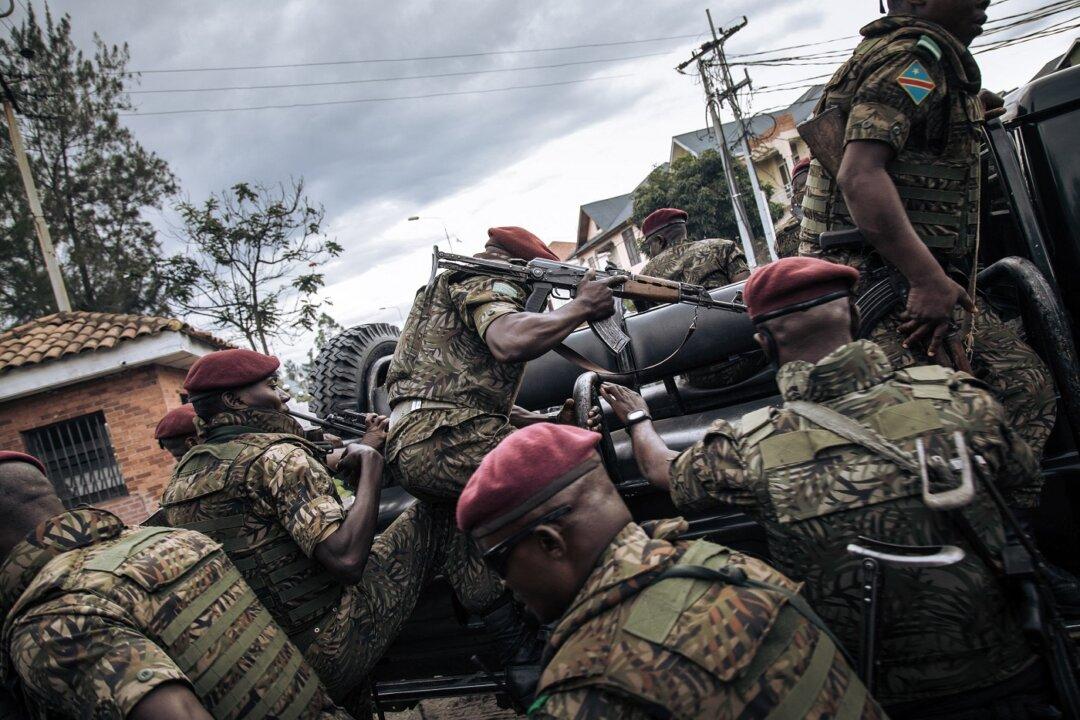The United States has welcomed a two-week humanitarian truce in the eastern Democratic Republic of Congo (DRC) amid ongoing clashes between government troops and M23 rebels, the White House said in a July 4 statement.
The truce—agreed to by both parties in the conflict—is set to start at midnight on July 5 and will last through July 19, said White House National Security Council (NSC) spokesperson Adrienne Watson.




